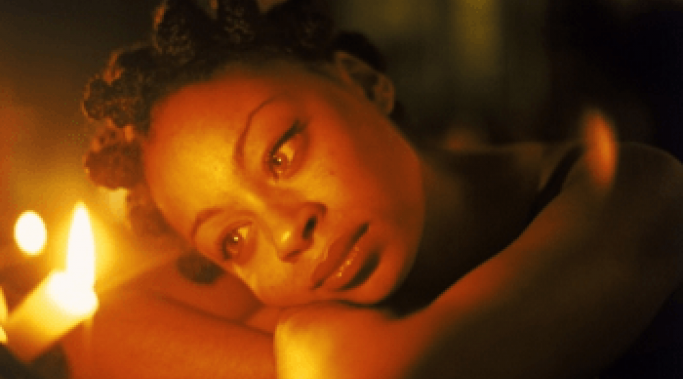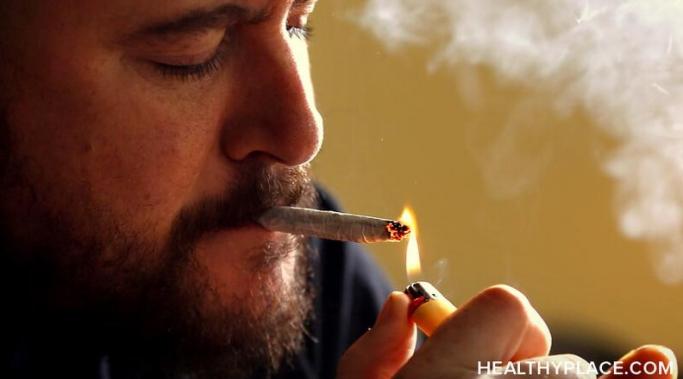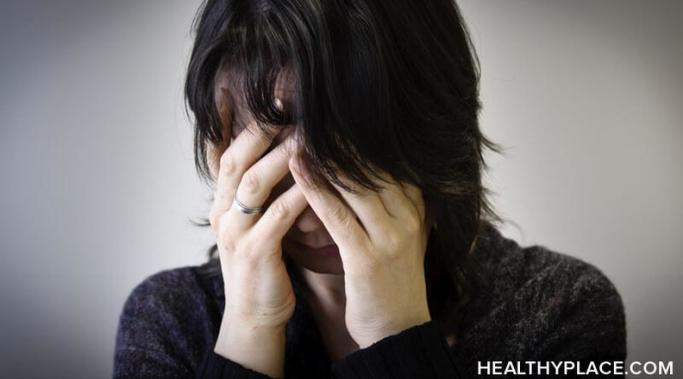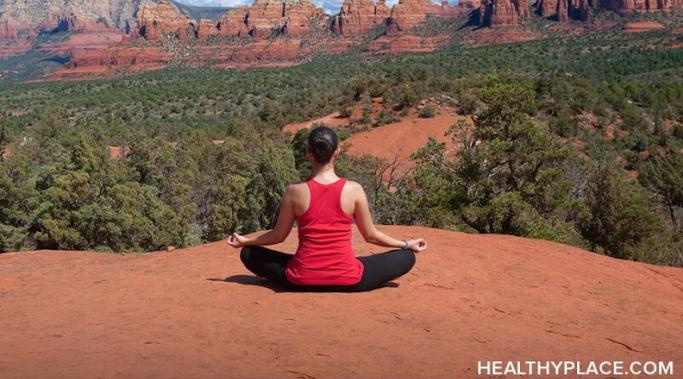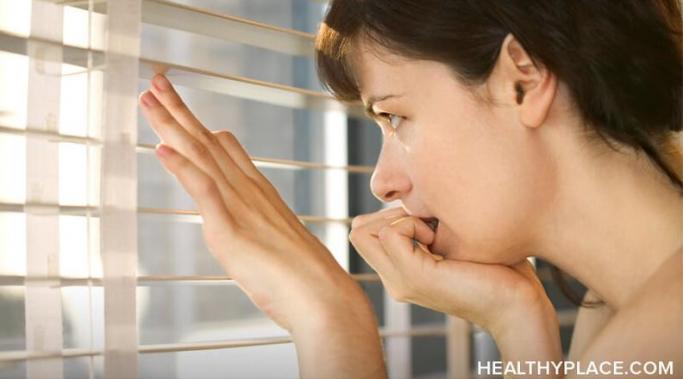Panic attacks are brief episodes of very intense physical and emotional symptoms that can make someone afraid that he or she is losing control or even dying. In panic disorder, they seem to come out of nowhere, and this, people say, is often worse the the panic attack itself.
Anxiety Symptoms – Anxiety Schmanxiety
Anthony D'Aconti
It's safe to say I've been a procrastinator for as long as I can remember. Before I learned about anxiety disorders, I always thought the single greatest driving factor behind procrastination was laziness. After discovering the truth about anxiety and procrastination, I now see the deeper meaning behind putting things off.
Thanksgiving happens regardless of anyone's physical or mental well-being. That can feel cruel. Anxiety, for example, can be particularly difficult to deal with on a day that can bring such stress. It's a phenomenon that's been occurring for centuries.
If you or someone you know has post-traumatic stress disorder, the current time of year might be particularly challenging. The northern hemisphere is well into autumn, and the extensive holiday season is upon us. Celebrations abound in religious and secular communities alike. Beginning in October and extending through December and even into January, many countries and traditions celebrate special things with gatherings, gifts, food, and fun.
Anthony D'Aconti
When it comes to anxiety, it is important to separate the myths from the facts. There are plenty of anxiety myths we believe to help cope with our symptoms but many of us run into trouble when the myths we believe are simply not true. Perhaps one of the most common and dangerous anxiety myths is that self-medicating can help us get through an anxiety-provoking situation.
Are you anxious about your worrying? Sure, you've got worries. Life is stressful, there’s a lot at stake in our daily lives, and sometimes things go wrong. Worry is part of being human. But do you worry too much? How much is too much? Where is the line between healthy worry and an unhealthy anxiety disorder like generalized anxiety disorder?
Have you ever been afraid of getting too close in relationships?
As humans it is one of our deepest desires to be in a relationship with others. Closeness is what gives us a sense of belonging, and nurtures a robust sense of self. On the other hand, isolation is one of the worst things for someone who is struggling. Being left alone to deal with our own negative spiral can feel like losing touch with reality. Yet, when we are struggling, we often feel drawn to isolate ourselves. I will tell you why.
Christopher asked me this question about accepting and letting go of anxiety:
Hi Jodi, I have lived with anxiety for 20 years. I am 37 now and I am sick of it. My counselor says that accepting and letting go of my anxieties will help. I don't understand how.
Thanks, Christopher
Do you have travel anxiety? Has anxiety affected your travel plans and/or preparations?
Traveling can bring up tons of worries: Will I be okay? What if something happens to people back home while I am away? What if I am alone and afraid? What if the plane crashes? What if it is overwhelming? What if I miss the plane, or hate my accommodations? What if I get lost? What if I am homesick, but stuck there? What if I can't get home? What if someone gets mad at me? What if I get anxious?
You name the worry, I have heard it and then some. All these worries just about make you want to stay home!
We should keep a fear journal because, well, life happens. Some things are good and, let's face it, some things are down right horrible. All the while we are trying to make meaning around what we experience. As we try to make sense of it, we weave a story of it in our heads. These stories shape how we perceive life, and the stories we tell ourselves can cause a lot of unnecessary fear. As we create our stories, it is hard not to weave these biases in. The best way to get around this is to keep a fear journal. Keeping a fear journal helps you change fearsome thoughts to more realistic ones.

